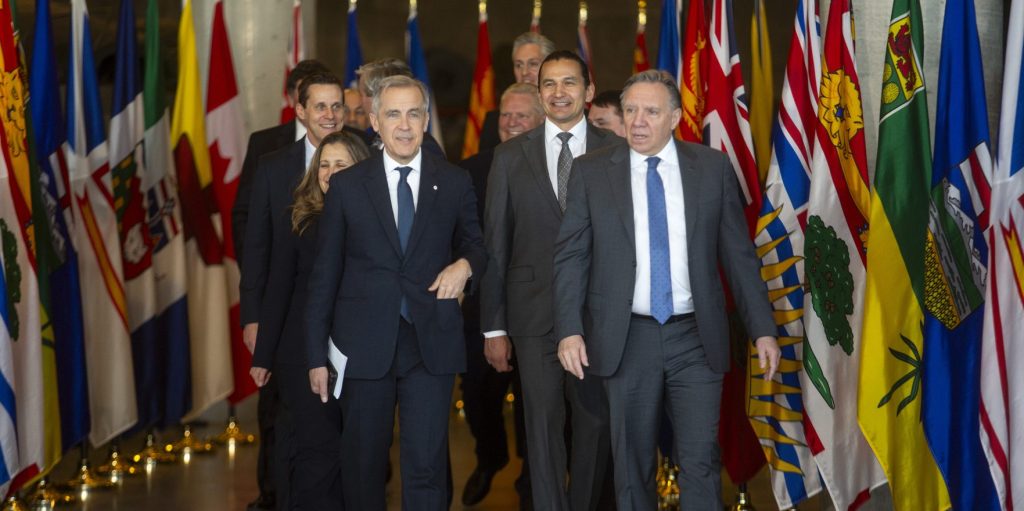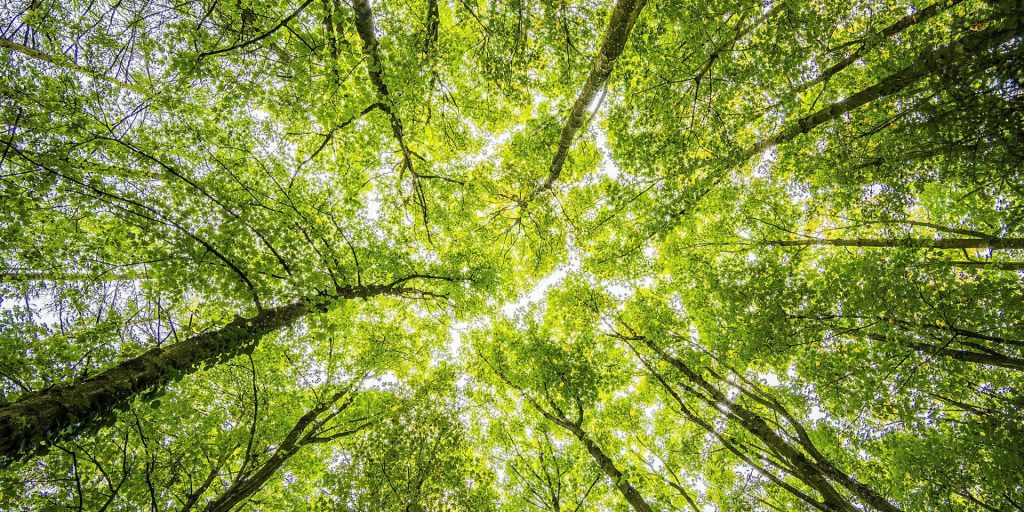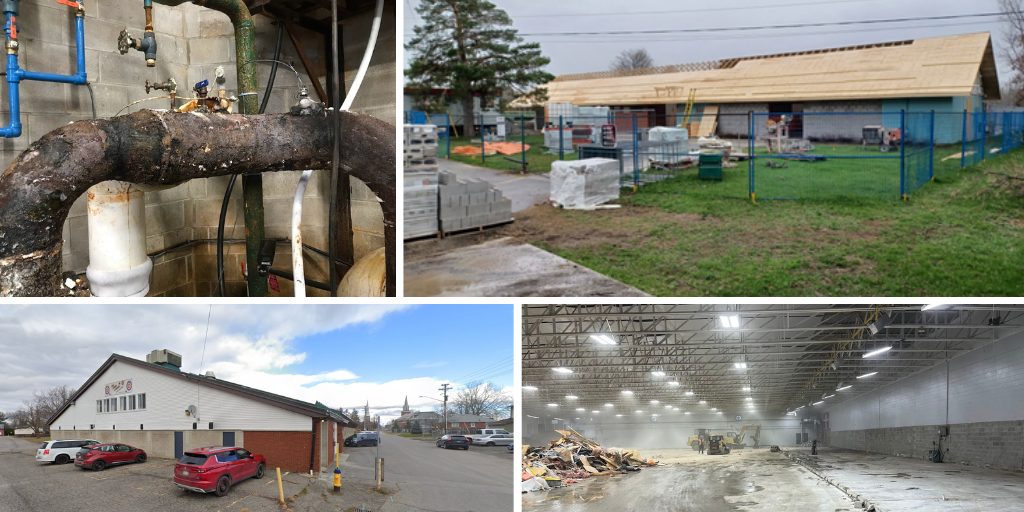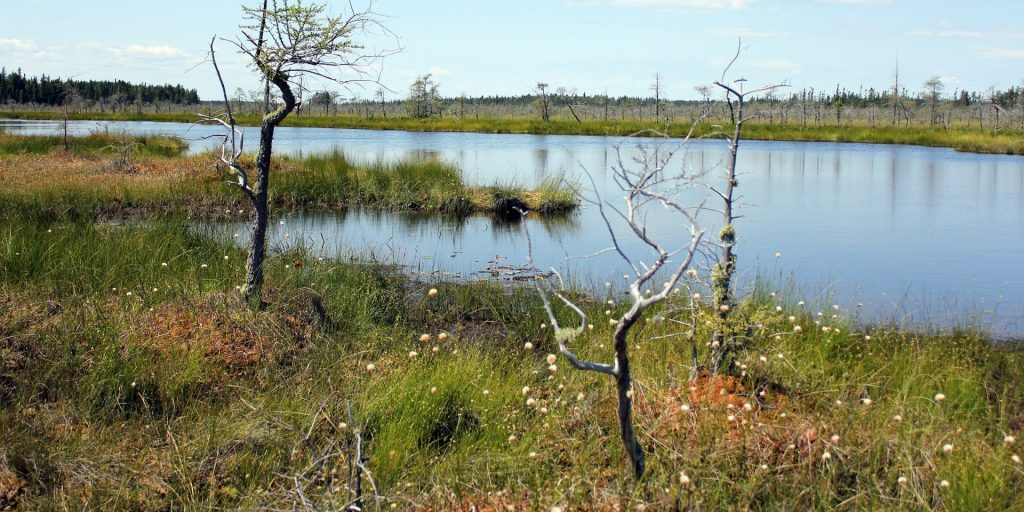Canada needs net-zero industrial policy to address tariffs—not a short-term resource export boom

Net-zero industrial policy involves proactive government planning to identify Canada’s competitive advantage in value chains of the future.
Canada should act decisively to modernize industrial carbon pricing

Moving firmly on industrial carbon pricing can actually increase certainty for business, break down an interprovincial trade barrier, and support export diversification.
Efforts underway to bury Pope Francis’ legacy as a climate radical

The late pope’s commitment was relentless, weaving environmental justice into the heart of Catholic thought.
Canada must not join the deregulation race to the bottom

Long-term forestry-based employment can only be sustained if forests are managed to ensure their continued ecological integrity.
Collaboration is Canada’s innovation superpower

This approach is hard. It’s slow. It challenges egos and requires patience. But it’s also the only way we’ll achieve systems-level change
Why health, environment, and justice must be centred in election platforms

We need parties to commit to preserving and expanding the health benefits and avoided health-care costs of current and proposed environmental regulations.
Recreation and parks: infrastructure Canada can’t afford to ignore

In uncertain economic times, a bold federal push to build and renew recreation infrastructure would fuel economic growth—just like Centennial-era investments did.
Unlocking the economic potential in Canada’s lands, forests, and waters

Natural Climate Solutions provide cost-effective ways to conserve and restore the ability of ecosystems to store carbon at a fraction of the cost of technological alternatives.
Trump: a suite of global dangers

The DOGE initiative is an ideological wrecking ball set to destroy the U.S. government—arguably the most important government in the world— and threatening the health and security of the majority of Americans, along with multitudes globally.
EVs and EV Infrastructure


